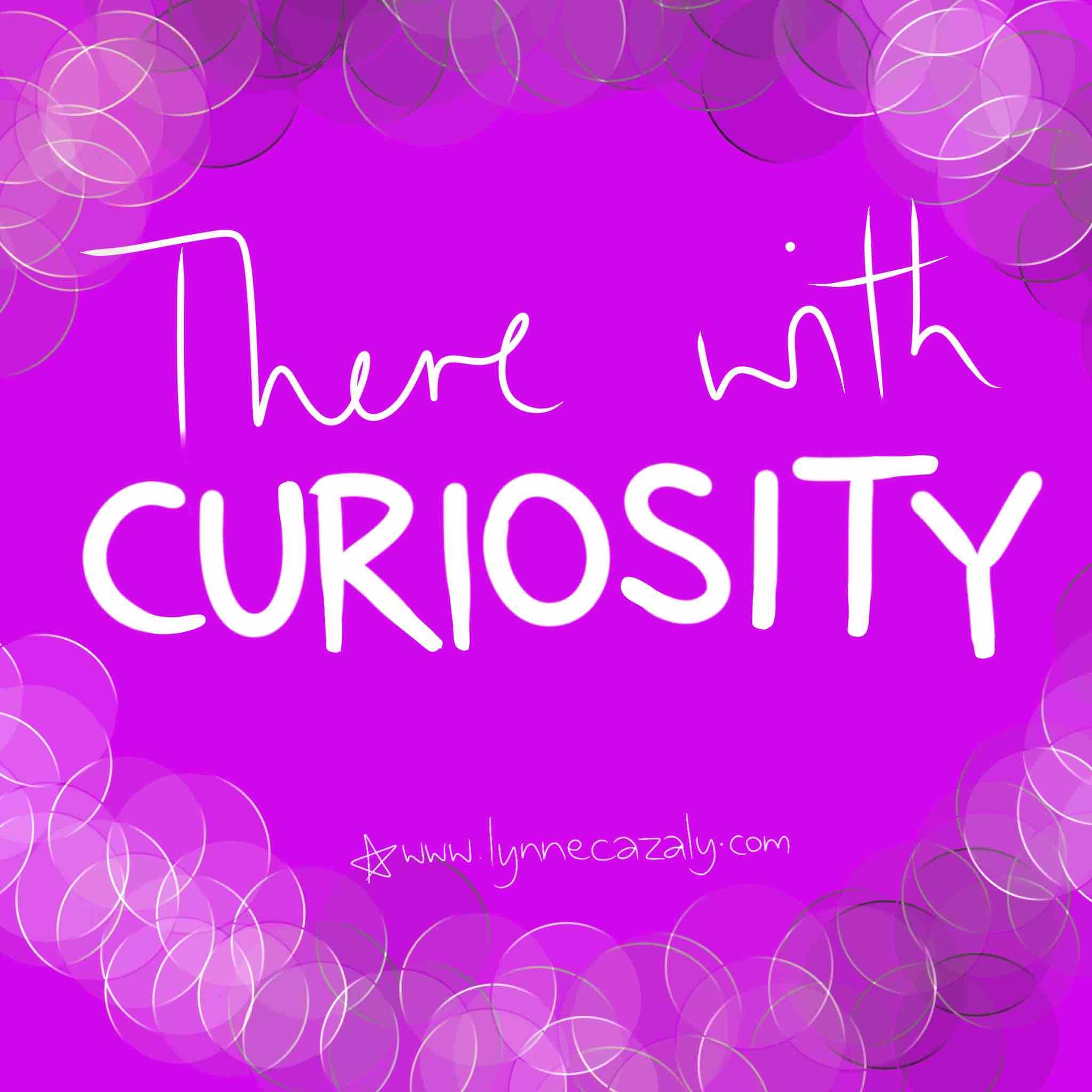Why aren’t they responding
 Saturday, October 24, 2020 at 9:18AM
Saturday, October 24, 2020 at 9:18AM  Online meetings can give us the vibe that people aren’t listening, are disengaged or don’t have much interest in what the meeting’s about.
Online meetings can give us the vibe that people aren’t listening, are disengaged or don’t have much interest in what the meeting’s about.
It’s a natural response, though. We can’t pick up on those micro cues of body language that we might pick up when we’re all in each other’s company!
But don’t let this deter you from designing and delivering highly engaging experiences online.
If you’ve asked the team a question and you aren’t getting a response ...
wait longer.
Maybe they’re still thinking.
Give them time to respond.
Give them time to prepare.
Your rush for a response might not be a match for their need for thinking time.
Some people think before talking. Some people talk before thinking.
To support and include all sorts, ask and wait.
Or ask and come back to it later.
Or ask well before the meeting and hear from people in the meeting.
And of course, it could be the question.
Prepare beforehand and work out what questions you’ll ask.
We can always ask a better question.





















